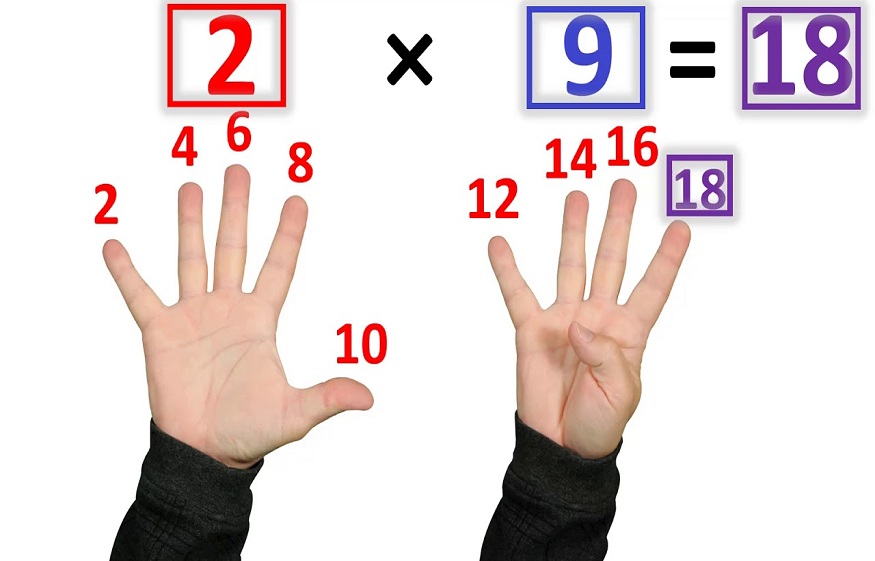For many kids, multiplication is one of those things that seem like numbers. But as they grow, they begin to see how important it is for many things. This article will explore why multiplication is essential for kids and how it can help their studies.
One of the benefits of learning multiplication is that it helps children understand concepts in other areas of mathematics. For example, understanding multiplication can help with division and fractions. Learning multiplication can help children develop analytical skills. For instance, if a child knows that 4 x 5 = 20, they can use that information to solve a problem like ‘If I have 20 pieces of candy and I want them to be divided equally between 4 people, how many pieces of candy will each person end up with?’ Learning how to multiply fluently can come in handy in everyday life. If kids need to calculate how much paint to buy for a project or how much money they will need to save for an upcoming vacation, multiplication worksheets play an essential role.
The Importance of Learning Multiplication for Children
If we ask any parent why they want their kids to learn multiplication, they will probably say something like ‘it’s essential for maths fluency’ or ‘it will make division so much easier.’ And while both are true, there are other, more important reasons to learn multiplication. Here are four reasons that go beyond the basics of maths fluency and division:
- Building Block for Mathematics Concepts: If the child struggles with multiplication, they will likely work with other maths concepts down the road. Multiplication is a fundamental maths concept that lays the groundwork for more complex maths ideas.
- Help Understand Relationships between Numbers: Children essentially find patterns between numbers when they multiply. Understanding relationships between numbers is crucial for success in higher-level maths courses.
- Develops Problem-solving Skills: Multiplication problems often require kids to think creatively to find a solution. This type of problem-solving is an essential skill that will benefit the child in all areas of their life, not just in maths class.
- Learning Multiplication Is Fun: There are many creative and engaging ways to teach multiplication, from singing songs to playing games to using worksheets.
How to Teach Multiplication to Kids?
For many reasons, learning multiplication is vital to a child’s education. It helps them understand concepts such as place value, properties of numbers, and operations. It also lays the groundwork for more advanced mathematics concepts. There are many different ways to learn multiplication. Some children learn best by rote memorisation, while others prefer using visual aids or manipulative objects. Some helpful tips for teaching multiplication include:
- Breaking down the concept into smaller steps. For example, start by teaching essential number recognition and counting before moving on to addition and subtraction. Once the little one has a firm understanding of these basics, parents can begin introducing multiplication concepts.
- Use a variety of methods to teach multiplication. In addition to traditional methods, like flashcards and worksheets, many resources can make learning multiplication more interactive and fun.
- Help the child find personal connections to the material. If they see how multiplication is used daily, they will be more likely to retain the information. Point out multiplication examples in the world around them, such as when they cut a pizza or divide candy bars with friends.
For many reasons, learning multiplication is vital to a child’s education. It helps them understand concepts like place value and fractions and gives them a strong foundation for more advanced maths skills. Multiplication is also a valuable life skill that can help budget and measure ingredients. For more multiplication and tracing lines worksheets, visit BYJU’S website.

